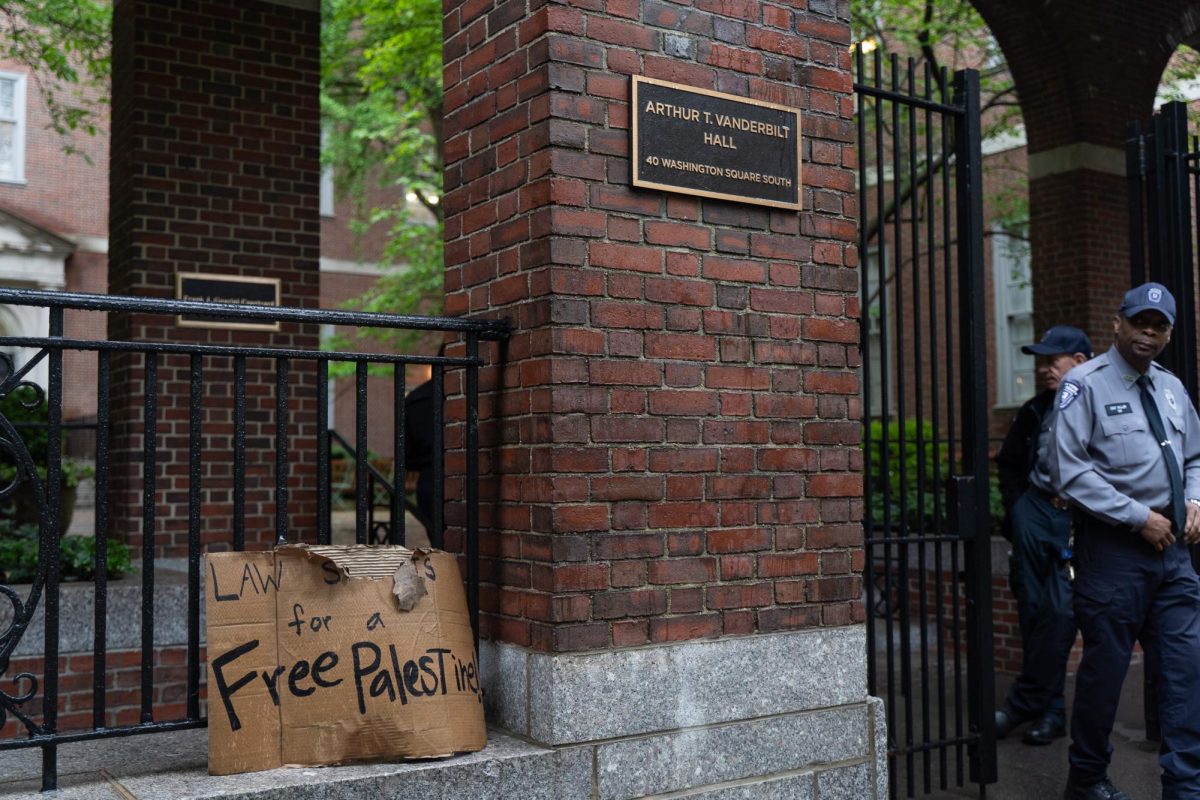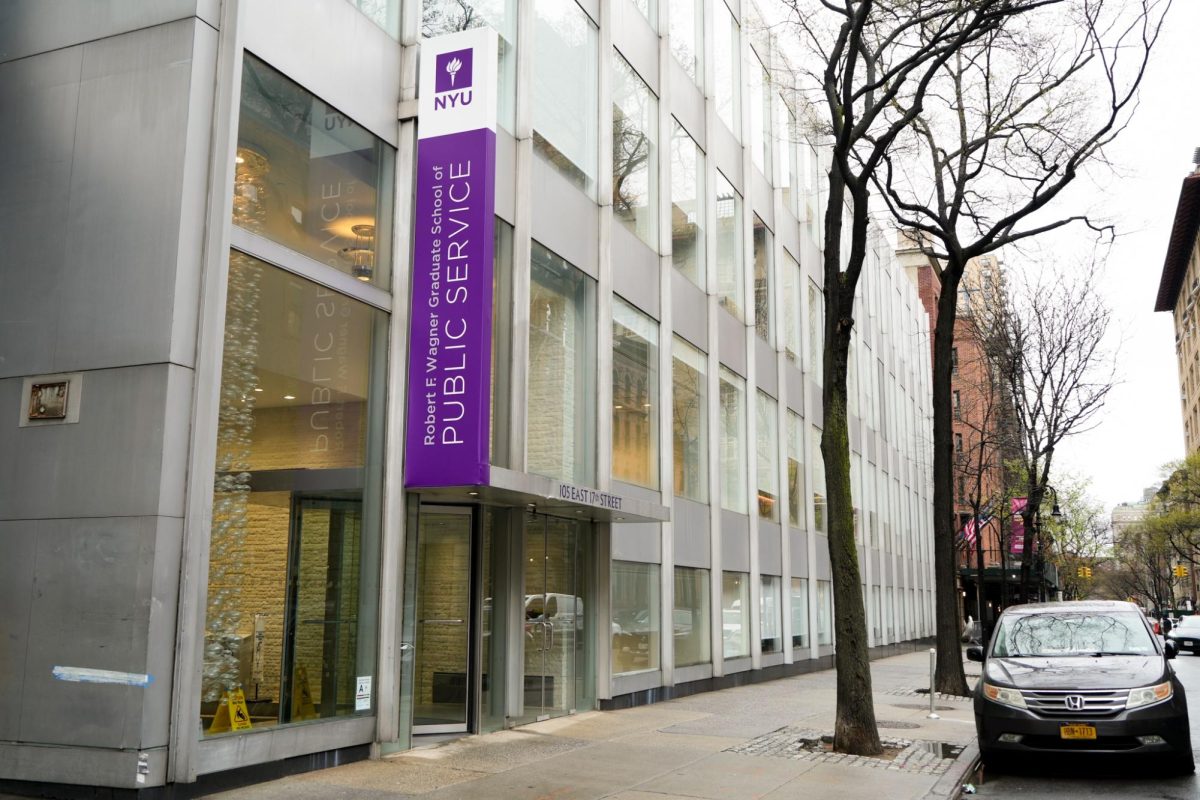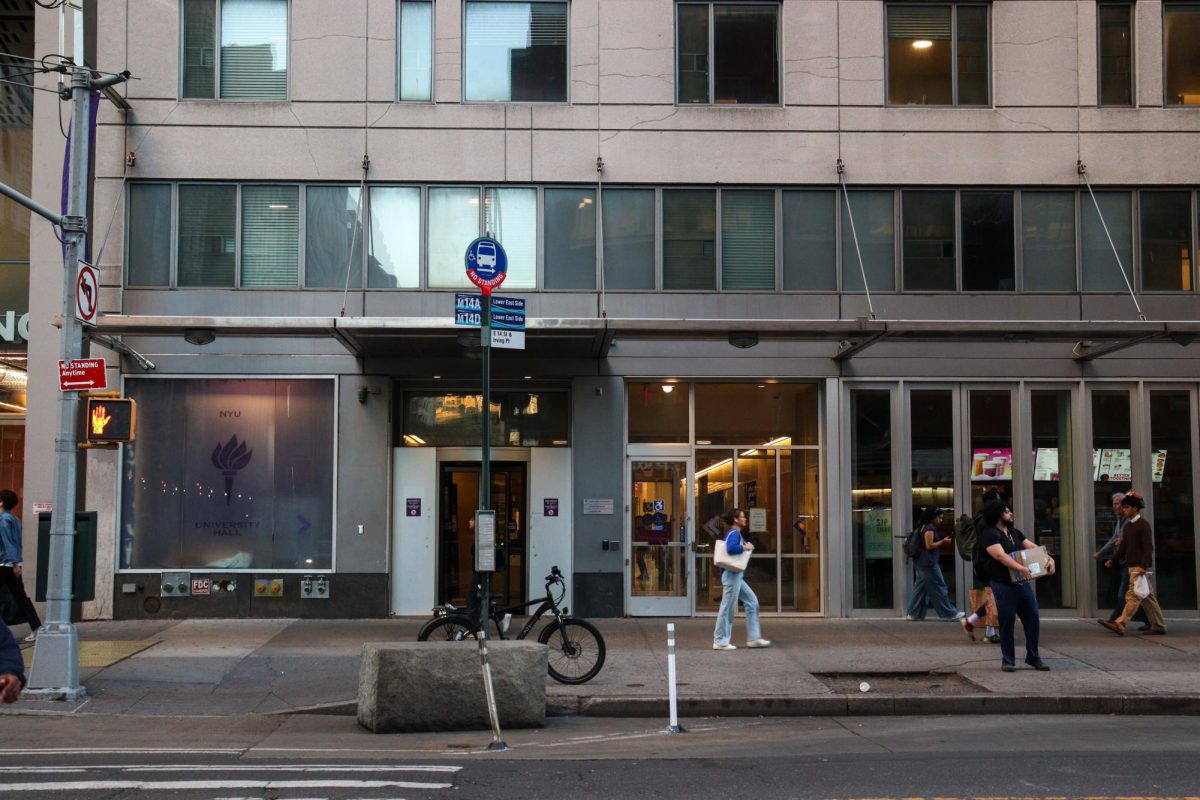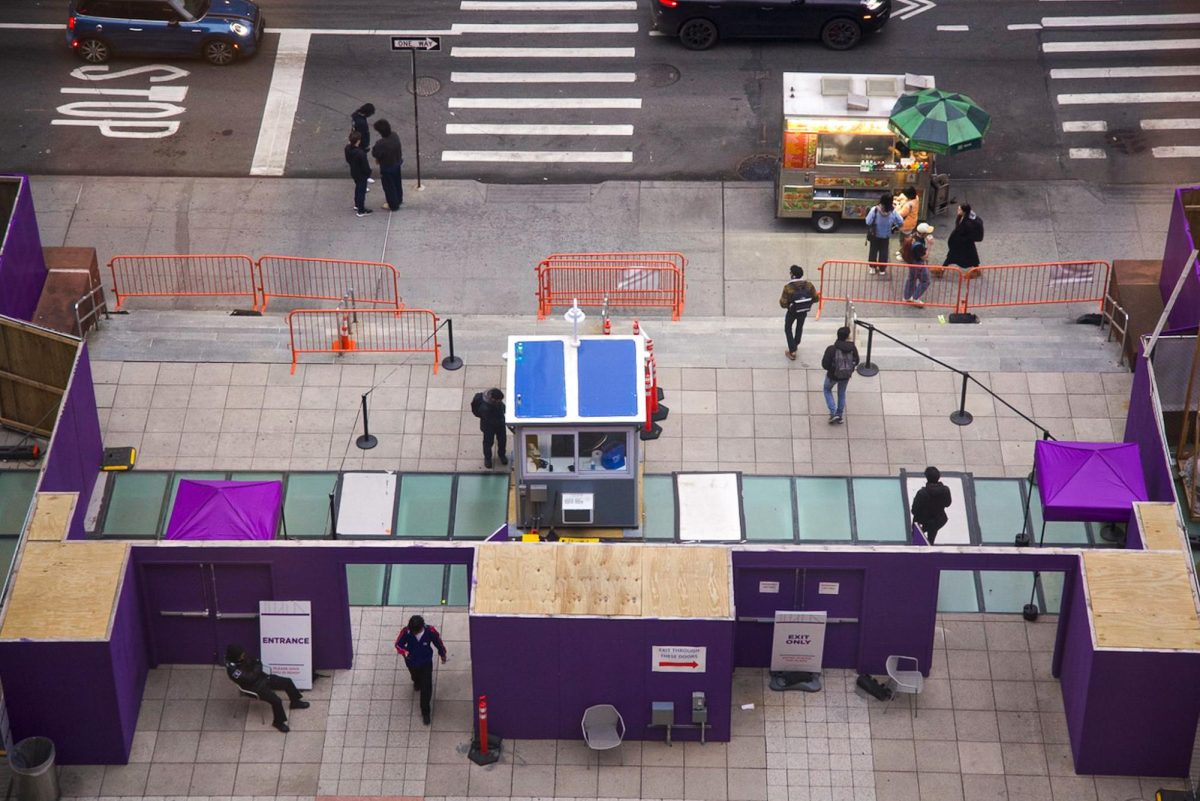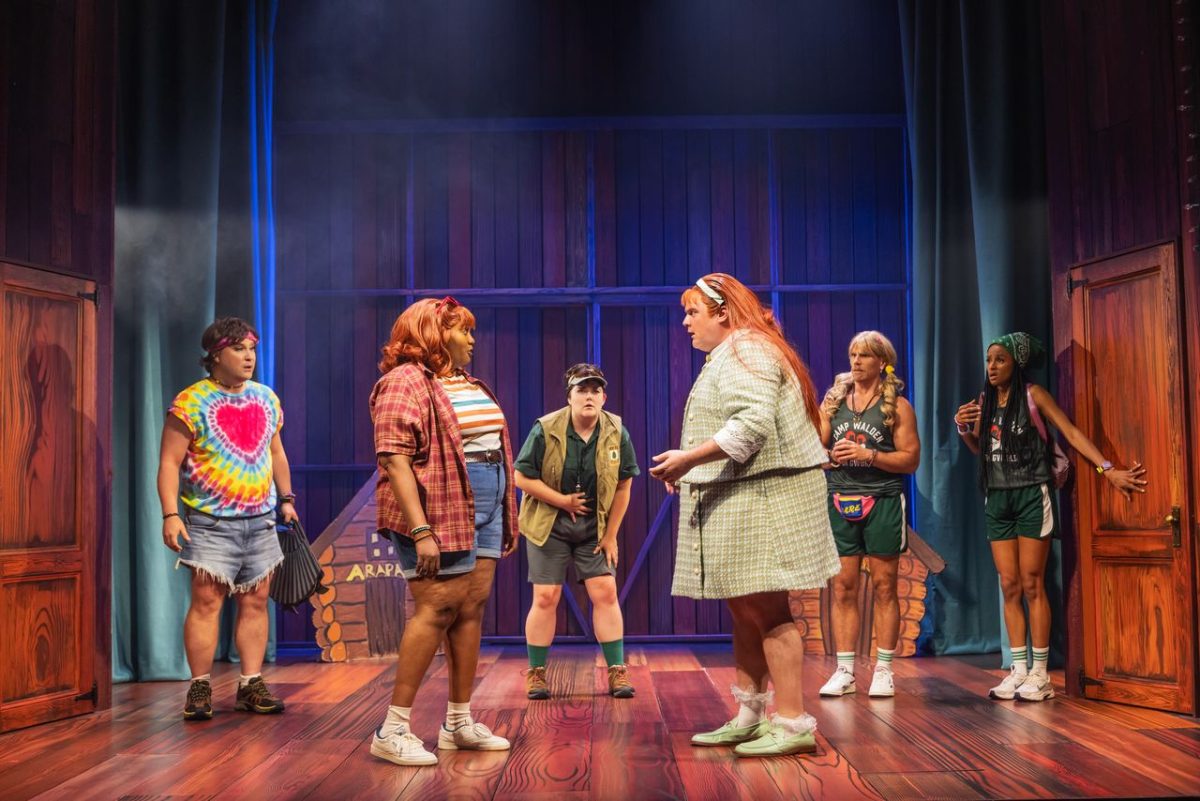I was a wreck the day of the Sandy Hook massacre. I broke down. I imagine most of the country was going through much of the same. And as we collectively began to pick up the pieces, we vowed that something had to change. People had reached their tipping point. We hadn’t after Columbine or Virginia Tech or Tucson or Aurora or Oak Creek or after annual reports publicized our staggering gun homicide statistics year after year. But with Sandy Hook, we finally had it.
What sickened me most though was that it even had to come at the hands of 26 innocent lives cut short, 20 of whom hadn’t seen their eighth birthday. That we were never going to tolerate something like this happening “again” instead of “in the first place”. It took such a tragic event to spark the tiniest bit of progress when atrocities were happening in front of our eyes every day beforehand.
Sandy Hook was the moral zugzwang that the gun control issue, however unfortunately, needed. President Obama was finally forced to act on guns, and rightfully so, but it was because there is nothing as viscerally jarring as what happened in Newtown, Conn. that fateful December morning. Without horrific tragedy, the status quo would have remained.
Regulating the possession and use of instruments that expel small metal pellets that pierce flesh and end lives should be simple. It requires no legal proctology and very little political grandstanding. The plan Obama and Biden put forth would be common sense in any other country. Instead calls for universal background checks, bans on assault weapons and high-capacity magazines, and greater enforcement of gun trafficking laws are considered bold.
Announcing this plan, President Obama stated, ”The only way we can change is if the American people demand it.” This isn’t true. We can change once our elected representatives decide to put violence prevention in front of lobbyist checks and party politics. What Obama means is that the only way we will change is if people demand it. Because without the public’s willingness, no politician saw the need to offer a cure before one of the worst mass shootings in U.S. history.
So any victory that the Obama administration takes credit for on guns is Pyrrhic in nature. We didn’t need to get to this point to make advances on gun control. We didn’t need to take more time discussing how complex the matter is rather than discussing the matter itself. We allowed this inane gun enthusiasm to seep into our cultural identity. And when that happened, some 11,000 yearly gun homicides weren’t just going to disappear overnight. The necessity was there all along; the political opportunism was not. And so long as the dialogue stays in the realm of fiscal nitpicking and who-said-what-about-whom, the ills of American gun culture won’t be handled effectively until it’s beyond repair.
With guns, the tragedies are all too easy to come by, and in their stark finality, the necessity to act is blinding. These aren’t happening with such ferocity in the arenas of climate change or the drug war or health care or finance reform and so with those, society is left to scream out “More weight!” as our moral aptitude is crushed under the pressure of grave injustices which lack the utter inconsolability of imagining a classroom of bullet-ridden children.
It’s why nothing will be done about climate change until we see something more than polar ice caps melting. It’s why nothing will be done about drugs until we see something more than racial undercastes expanded by unjust enforcement. And we need more than a Boss Tweed hunkered down in each downtown skyscraper before real Wall Street reform is realized.
Crying mothers, candlelight vigils, smiling photos of the recently deceased. The human tragedy at the hands of guns became all too real at Sandy Hook. And while unfettered violence or stark injustice or plain ol’ shame should force our hand on matters of political imperativeness, we haven’t reached that point yet. Instead, our point is a tipping point and our handling always retroactive.
Unfortunately, political capital requires a tragic spark to spurn remedial action. But in the face of a hellish reality, who’s going to notice a spark anymore?
Chris DiNardo is a staff columnist. Email him at [email protected].





